Voices of Exploration – An ever-expanding database of exclusive monthly interviews with the world’s leading explorers.
Regardless of where we were born, mankind’s urge to explore transcends all differences of nationality and faith. It remains an emblem of universality deserving of a wider global study.
Ironically, though the public has long yearned for fresh voices who could share their hard-won wisdom, in the corporate-dominated world, where finances always come first, meaningful dialogue with the world’s leading explorers has been passed over in preference to slick ads and predictable yearly awards.
That is why I am proud to announce the launching of this valuable new series.
The Voices of Exploration project is designed to be an ever-expanding data bank of interviews and wisdom. My friend, Basha O’Reilly, is one of the Founders of the Long Riders Guild, who has already launched the Voices of Authority equestrian educational program.
Robin Hanbury-Tenison, OBE, (74) is one of the Founding Members of The Long Riders’ Guild, the first international association of equestrian explorers. He is also a Founder and President of Survival International, the world’s leading organisation supporting tribal peoples. Named as ‘the greatest explorer’ by the Sunday Times, and ‘the doyen of British Explorers’ by the Spectator, he has been on more than 30 expeditions, including as leader of the Royal Geographical Society’s largest expedition, taking 115 scientists to study the rainforests of Sarawak. This research and his book, “Mulu: the Rainforest”, started the international concern for tropical rainforests.
On Survival’s behalf he has led several overseas missions, including visiting 33 Indian tribes as a guest of the Brazilian government in 1971; Indians of the Darien in Panama and Colombia in 1972; tribes of the outer islands of Indonesia in 1974 and 1975; leading an investigation into excessive logging in Sarawak in 1988; assessing the status of the indigenous peoples of eastern Siberia in 1992 and 1994; and in NE India in 1995; and of the Bushmen of the Kalahari in 1980 and 2005.
A graduate of Oxford University, he has been a Council Member, and is a Gold Medallist of the Royal Geographical Society; winner of the Pio Manzu Award; an International Fellow of the Explorers Club, Winston Churchill Memorial Fellow, Trustee of the Ecological Foundation and Fellow of the Linnean Society.
Among his many publications are: A Question of Survival, 1973; A Pattern of Peoples, 1975; The Yanomami, 1982; Fragile Eden, The Oxford Book of Exploration; Mulu: The Rain Forest; his two autobiographies: Worlds Apart and Worlds Within;The Seventy Great Journeys in History and The Great Explorers.
His 5 books on Long Rides are: White Horses over France; A Ride along the Great Wall; Fragile Eden; Spanish Pilgrimage; and Land of Eagles.
Says Robin: ‘I have consistently been proved right by events, often to the great surprise of those who know me. It is better, as Napoleon said, to be lucky than clever.’
I was lucky enough to catch Robin at his home in Cornwall, where he kindly agreed to answer these questions.
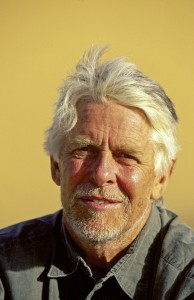
Who do you think was the most influential explorer in history and why?
I would plump for Humboldt, as he was one of the first, and certainly the most prolific of the polymath scientific explorers, who studied everything.
Who inspired you to become an explorer and why?
Wilfred Thesiger, who I got to know well and who came on one of my expeditions, was inspiring because he was an absolute purist. Difficult to be that today.
What is your favourite exploration book and why?
Peter Fleming’s Amazon Adventure set the tone followed by so many later British explorers of concealing great physical endurance under a self deprecatory insouciance.
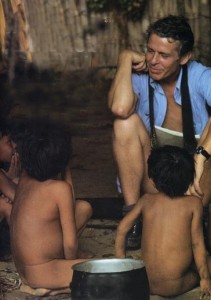
What is your favourite exploration film and why?
They just keep getting better and better. George McGavin, the splendid bug man, strikes exactly the right note to inspire others to explore. His most recent film for the BBC was Lost Land of the Tiger.
If you were travelling to the South Pole in the “Heroic Age,” would you prefer to travel with Shackleton, Amundson or Scott, and why?
I don’t do cold, but if I did it would have to be Amundsen, as he used dogs – and survived!
After leading so many expeditions to so many countries, what was the most dangerous situation you survived?
Probably when I tried to cross illegally from Brazil to Paraguay in 1965 in the little boat I had set out in from the mouth of the Orinoco on what was to become the longest river journey ever. I covered the boat in water hyacinth to pretend I was a floating island, but got caught by the border military. They were so impressed that I was travelling alone, that they put me up for the night and then let me go.
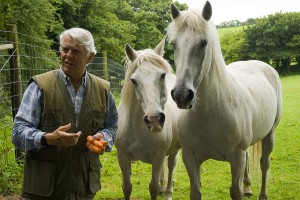
What is the greatest sacrifice you have made to be an explorer?
It’s been a great life, but I would have earned a lot more doing almost anything else.
What is the single greatest change you have witnessed in the exploration world since you began?
The almost total destruction of the rain forest, especially in Borneo, where it was virtually intact when I first went there in 1958 and now only 5% is left.
What modern technology or techniques do you find most helpful?
My philosophy has always been to take as little as possible and rely on local knowledge. Although obviously incredibly useful, the GPS had destroyed true exploration, as it is now virtually impossible to be responsible and still get lost.
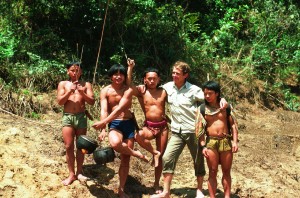
What piece of equipment always goes with you?
A sleeping bag.
Please tell us what prompted you help found Survival International.
Inspiration came while on a remote tributary of the Orinoco on an expedition. I was travelling with an ethnobotanist called Conrad Gorinsky, who pointed out that Amerindian tribes were dying out rapidly, but there was no international organisation fighting for them.
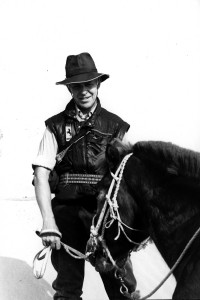
Which book would you recommend to would-be explorers today?
Any of David Attenborough’s about the natural world. No one has inspired more people to want to do something about our vanishing ecosystems.
What would you tell young explorers to be wary of?
Believing that the showing off, which is the natural urge which gets most of them, including me, into the field, actually means anything. They must move on to making a difference.
Why is it important for humans to continue exploring?
Because we haven’t begun to understand how the natural world works.
Which of your many achievements do you think will be most remembered?
Getting Survival International going.
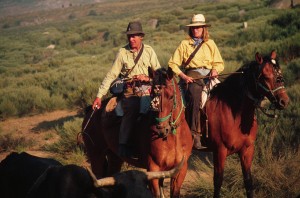
What’s your greatest concern for the future of exploration?
That academics will take the excitement out of it.
Links of interest:

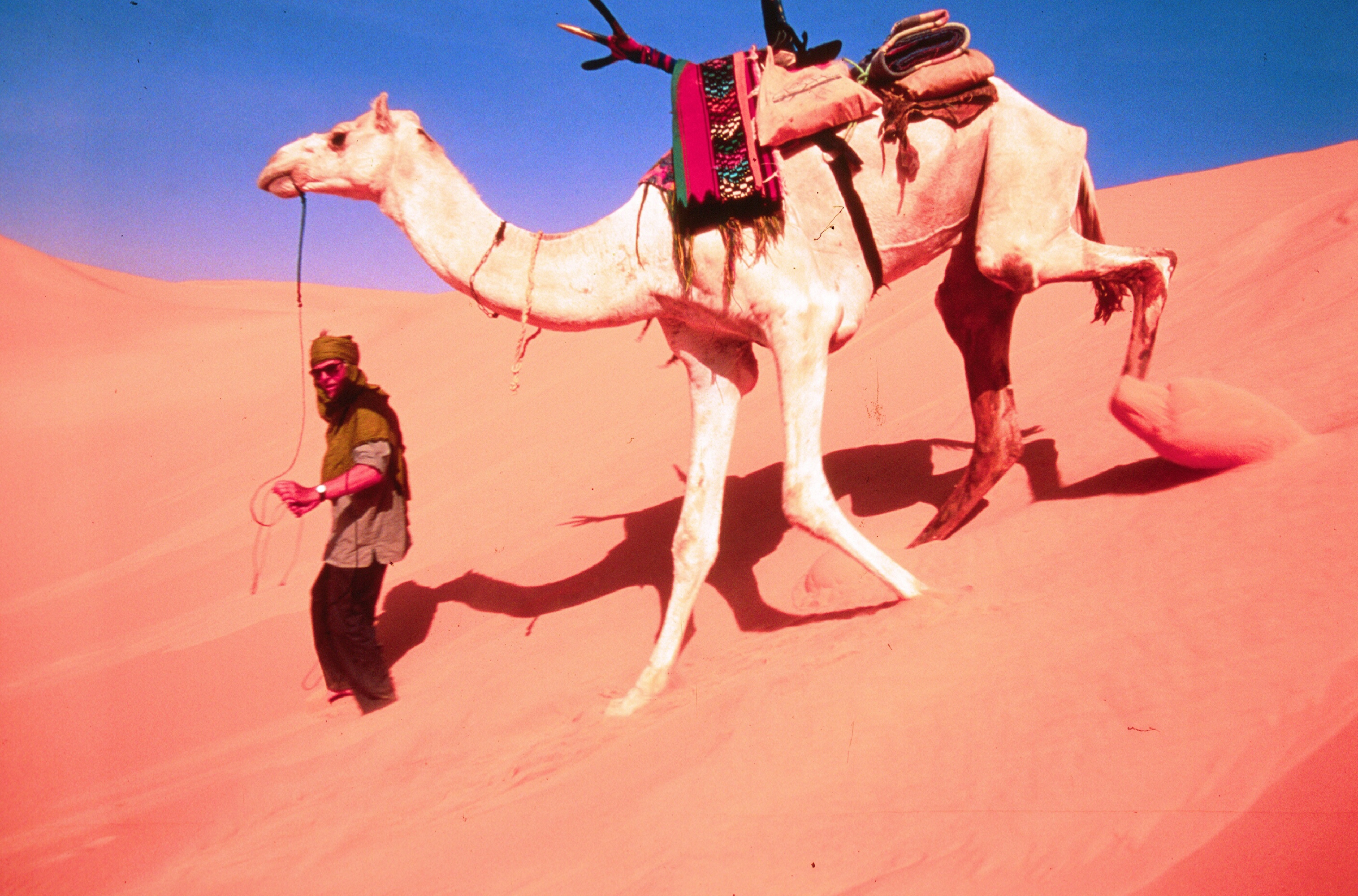
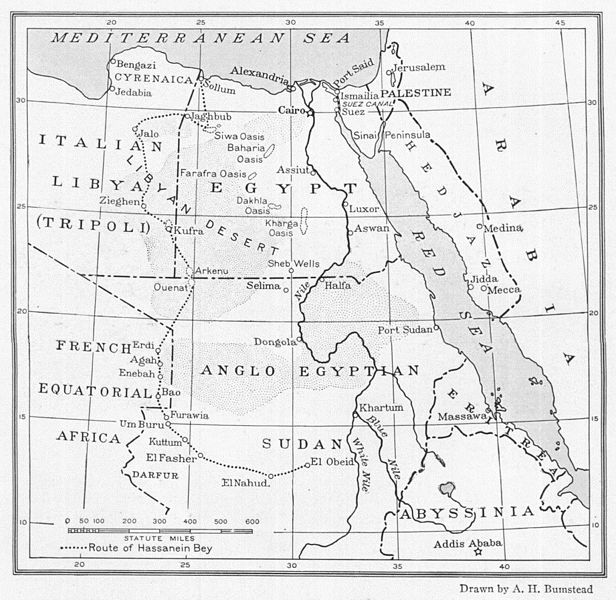
Another enlightening article.
Timely pearls of wisdom from Mr. Hanbury-Tenison, all of which are common sense really. But it takes someone with his drive, vision, and erudition to get the message over. Same with David Attenborough and Michael Palin. They are the elder statesmen of modern exploration. Thanks for the interview.
A nice interview with Robin who has been a great supporter of my expedition plans into Northern Myanmar – Robin is to me as Thesiger was to him – a man of integrity and a great inspiration